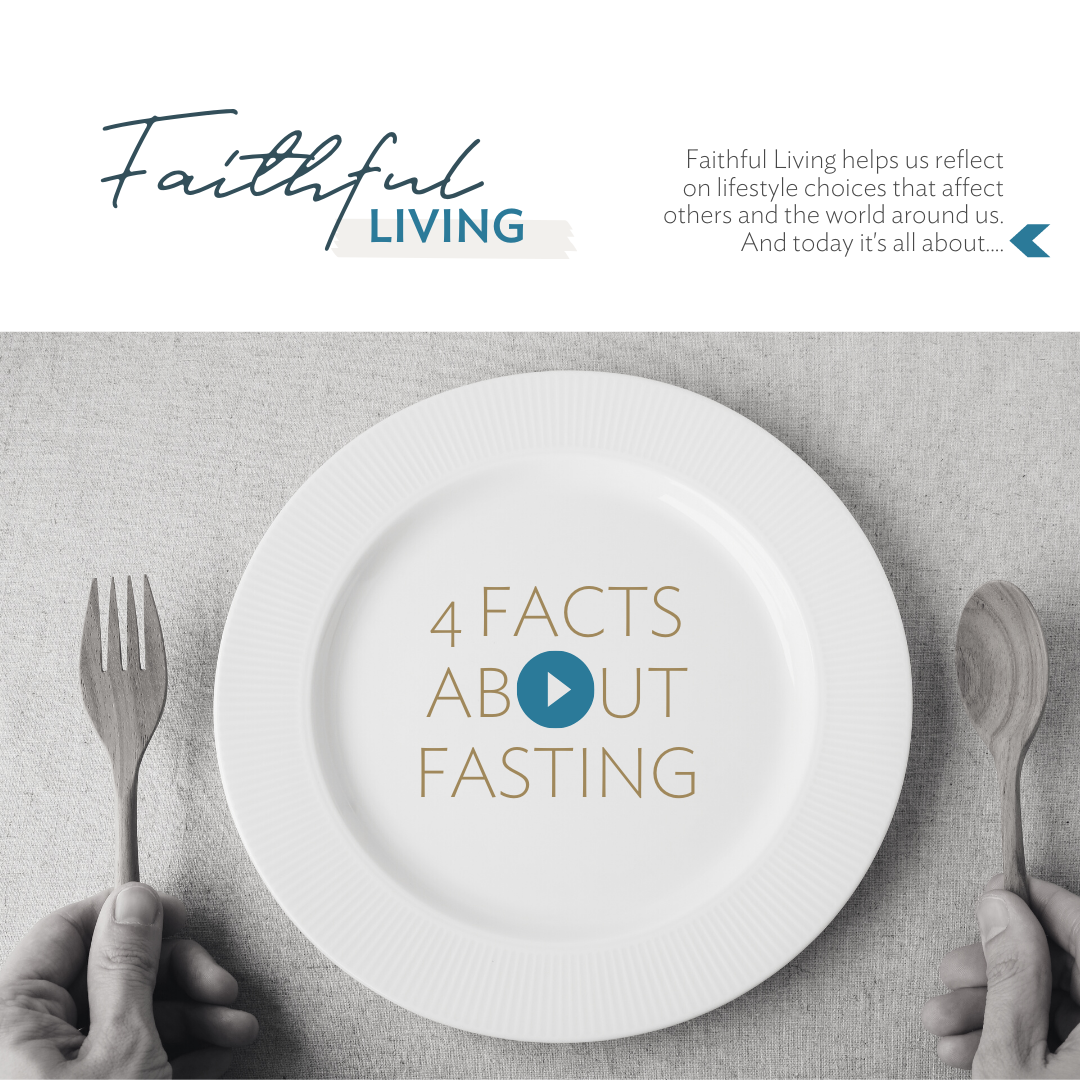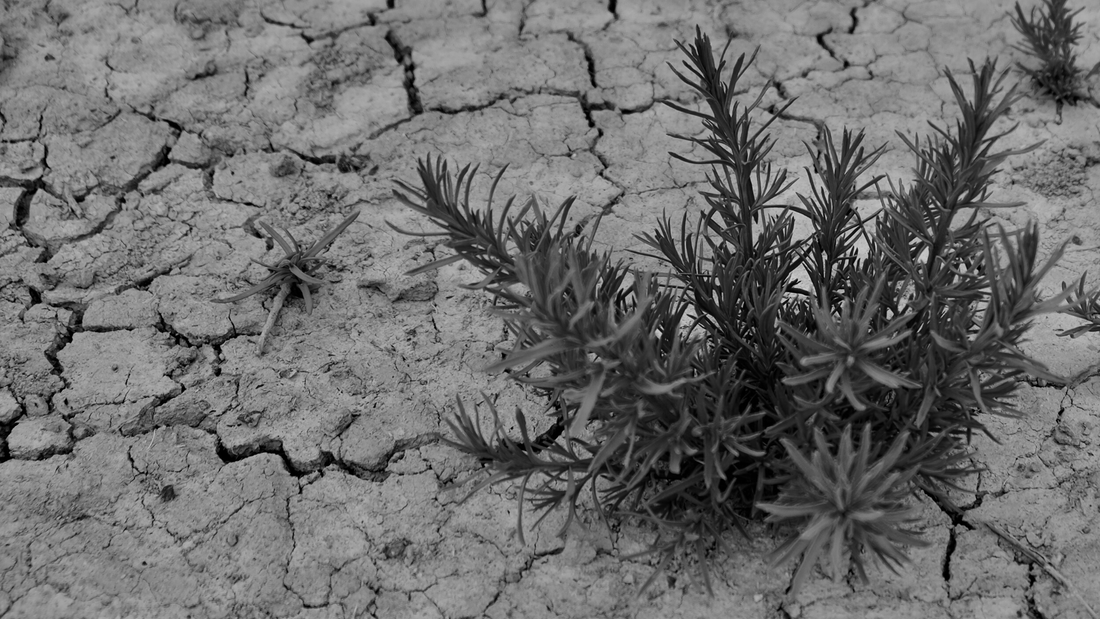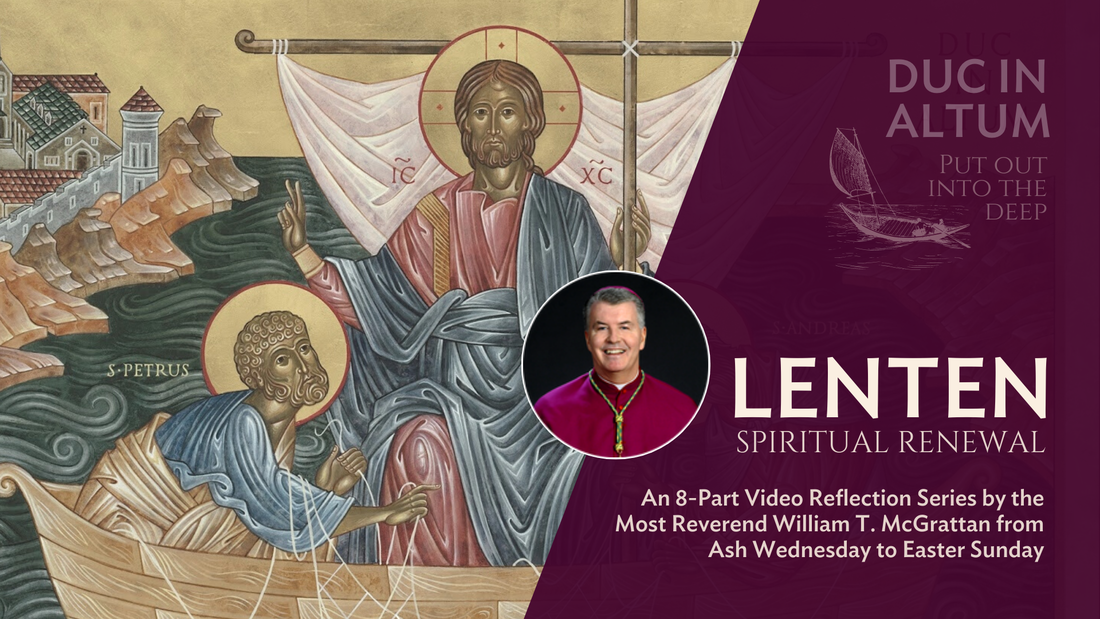|
This year’s Lenten reflections from CCCB are delivered by His Eminence Gérald Cyprien Cardinal Lacroix, Archbishop of Quebec and Primate of Canada, and the Most Reverend Brian Joseph Dunn, Archbishop of Halifax-Yarmouth.
As we begin our journey of Lent, may we all walk the path of renewal that is ahead of us. May each and every one of us be blessed with the grace to grow closer to Christ with renewed purpose and spiritual insight as we journey through these 40 days.
0 Comments
Interested in growing spiritually this Lent both in knowledge and in practise? Watch this short video about DOCAT!
Consider this...
"‘Teacher, which commandment in the law is the greatest?’ He said to him, ‘“You shall love the Lord your God with all your heart, and with all your soul, and with all your mind.” This is the greatest and first commandment. And a second is like it: “You shall love your neighbour as yourself.” On these two commandments hang all the law and the prophets.’" Matthew 22:36-40 Love God and love others. Learn and live. Watch this short video on the four facts about fasting by Chris Stefanick.
Aside from fasting from food and abstinence from meat on Ash Wednesday and Good Friday, the spirit of fasting goes beyond merely depriving ourselves of food. The act of fasting is an act of emptying ourselves in order to make more room for God in our lives. It is an act that tells us that we're okay even when we don't eat as much or when we do not snack at all as we focus our minds and hearts to the Lord. Eating can often become a mindless activity that fills our boredom. Fasting reminds us that our core belongs to God and that we ought to be detached from whatever distracts us in order to be fully attached to God, to be grounded in Him. As we fast and abstain from meat, we detach ourselves from our usual comforts and open our minds and hearts to the needs of others, especially to those who are suffering from the ravages of war. We unite our prayers in solidarity with our suffering brothers and sisters as we turn our backs on our petty concerns. This is the spiritual workout which will help us to become saints... no longer focused on ourselves but on God and with the needs of those who are suffering. Consider this... This sounds noble... "I fast twice a week; I give a tenth of all my income.”" (Luke 18:12) but this was the line of the Pharisee who did the right thing but did not have the right heart. Let our fasting be one that will change the heart and the mind... may our fasting help to free us as we have been made to be free to honour and worship God. At any age, often without warning, we might suddenly find ourselves in the ‘desert’, a state of extreme emotional and/or physical hardship. I was in this place following the death of my twin sister. I don’t remember the details; it was simply a long, weary, grayness. I wandered through my life on autopilot, scarcely caring about my responsibilities. If I appeared to be coping it was a mirage because my heart felt arid, my feelings numbed and the future a bleak continuation of present misery. I could not find the energy to pray. Indeed, I didn’t recognize God at all in this experience. For years I was angry with God for perceived injury and persistent inattention. Desert times often accompany chronic illness or the death of a loved one. Sometimes we have lost a job or an important relationship. Each of these circumstances cause great (and some may say necessary), grief. If we’re lucky, we will grieve in a supportive environment and eventually find our way out. However sometimes, through no fault of our own, we become stuck in a place of lifelessness and pain – a desert of the soul. By the grace of God, I eventually emerged from my ‘desert’. Life still has sorrows in every season but now I don’t feel as stranded as I did before. Curiously, what helped me is learning more about Nature’s deserts. In nature the desert is not lifeless. It’s filled with plants and animals which have adapted to the harsh conditions. These remarkable creations not only survive but thrive. I’m particularly struck by the coping strategies of plants. Here are some of those methods which might translate into spiritual strategies to survive our own desert times. Vast root systems Mesquite plants can have tap roots 80-100 feet long, reaching deep into the soil to find water. Cactuses have shallow but extensive root mats which extend far beyond their stems so that they can absorb every drop of rain when it falls. By going deep and wide in our prayer life, we will be more likely to receive the comfort of the Holy Spirit. So when our daily Scripture reading becomes rote, keep reading. When our prayers become stale, keep praying. When we don’t feel the least bit holy, keep coming for the Eucharist. Staying accessible to God increases the likelihood that eventually we’ll feel his presence. Small leaf surfaces Cacti have leaves so narrow that they resemble spines. This is to reduce the loss of water to the environment. When we’re hurting it’s OK to withdraw from the world. Well-meant comments can feel overwhelming so reduce contacts and commitments if you need to. But don’t isolate entirely. Keeping even a sporadic connection to our community or parish ensures the fraternity we may not even realize we need. Liquid reserves Succulents have evolved to store water in their leaves, stems and even in tubers underground. In our driest times we might find hidden reserves in places we never expected. I discovered peace at silent retreats which I’d previously avoided. A woman I know found meaning in writing a book about her husband’s terminal illness. Occasional exuberance Ephemerals are short-lived desert plants which bloom and die in one season leaving hardy seeds which can lie dormant for years until it rains again. Even in the midst of sadness, there can be moments of surprising joy. I can recall a milestone birthday, filled with light-hearted teasing, shortly after my sister died. I was glad to be alive that day but so sad afterwards that my twin couldn’t celebrate her milestone too. Nevertheless, the memory of having been happy gave me hope that I could feel that way again. Desert times are difficult and nobody chooses them willingly. But if they come we need not fear them. We can trust God to help us survive until we experience the joy He has in store for us, beyond the desert. The upcoming season of Lent mirrors the 40 days Jesus spent in the desert. Traditionally this is a time of sacrifice and increased prayer. It is an opportunity to feel some discomfort in solidarity with Jesus who spent his desert time with no sustenance and being harassed by the devil. Most of us will not feel that level of deprivation at Lent but we can remember and pray for those who do.
|
Author
Catholic Pastoral Centre Staff and Guest Writers Archives
July 2024
Categories
All
|






 RSS Feed
RSS Feed